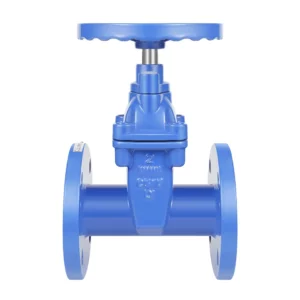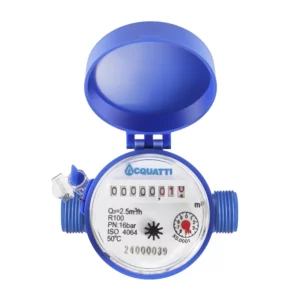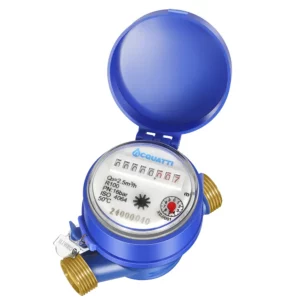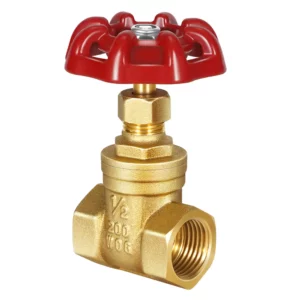Industria alimentaria
The Role of Sanitary Valves in the Food & Beverage Processing Industry
The Importance of Valves in the Food & Beverage Industry
In the food & beverage industry, valves are essential for controlling the flow of ingredients, fluids, and cleaning agents in a hygienic and contamination-free manner. Whether it’s in a dairy plant, brewery, or packaged beverage production line, food-grade valves ensure safe and efficient operation across all stages of food processing.
Precision and cleanliness are non-negotiable in this sector. Sanitary valves for food industry use advanced designs that minimize crevices and dead space, allowing for effective CIP (clean-in-place) procedures and maintaining microbial safety.
With the growing demand for automation and traceability, modern hygienic valves now support smart sensors and real-time control for improved productivity and food safety compliance.
Environmental Requirements for Valves in Food & Beverage Processing
Valves used in the food industry must operate flawlessly in environments that require frequent cleaning, extreme temperature shifts, and strict microbial controls. Key environmental requirements include:
- Resistencia a la corrosión: Especially for acidic or sugary liquids in fruit juice and carbonated drinks.
- Sanitary surface finish: Polished internal surfaces (Ra ≤ 0.8 μm) to prevent bacterial adhesion.
- Thermal resistance: Withstand sterilization, pasteurization, and hot CIP cycles.
- Non-toxic materials: All contact surfaces must be FDA-approved and 3A-certified.
- Moisture and humidity resilience: Equipment often operates in humid, high-temperature spaces.
Most stainless steel food valves are constructed from 316L-grade material, ensuring durability and hygiene across applications.
Operational Requirements for Food-Grade Valve Systems
Workshop and production floor operations in the food and beverage sector are tightly regulated. Valve systems must comply with both hygiene and automation standards:
- Zero dead-leg design: Avoiding stagnant areas where bacteria can accumulate.
- Cleanability: All valves must support CIP or SIP (steam-in-place) systems.
- Traceability and batch control: Smart valves must integrate with MES/ERP for lot tracking.
- Low-maintenance construction: Reduce downtime during cleaning or inspection.
- Easy disassembly: Sanitary clamps and quick connectors are preferred.
These operational criteria ensure that each food-grade valve contributes to both product integrity and manufacturing efficiency.
Top 10 Applications of Valves in the Food & Beverage Industry
- Dairy Pasteurization Lines
- Brewery Fermentation and Filtration
- CIP Chemical Delivery Systems
- Juice and Beverage Transfer Systems
- Chocolate and Confectionery Processing
- Liquid Egg and Poultry Handling
- Cooking Oil Transfer
- Carbonated Beverage Filling
- Water Treatment for Beverage Plants
- Aseptic Processing and Packaging Lines
Safety Certifications and Standards for Food Industry Valves
- Certificaciones: 3A Sanitary, FDA CFR 21, CE, ISO 9001
- Material Standards: 316L stainless steel with EPDM or PTFE seals
- Design Codes: EHEDG, ASME BPE (for bioprocessing)
- Protección contra la penetración: IP66/IP67/IP69K for wash-down areas
- Cleaning Protocol Compatibility: Must withstand caustic cleaning chemicals and thermal sterilization
- Traceability Compliance: QR code or RFID-based batch tracking for recall readiness
Productos relacionados
-
Válvulas de hierro
Válvulas de compuerta de hierro fundido NRS
-
Contadores de agua
Contadores de agua de chorro único de plástico de tipo seco
-
Contadores de agua
Contadores de agua de chorro único en seco de latón
-
Válvulas de bronce y latón
Válvulas de compuerta de latón
¿Quiere saber más?
Si está interesado en alguno de nuestros productos o servicios, sólo tiene que rellenar el siguiente formulario. Nuestro equipo se pondrá en contacto con usted lo antes posible para facilitarle la información que necesite.



